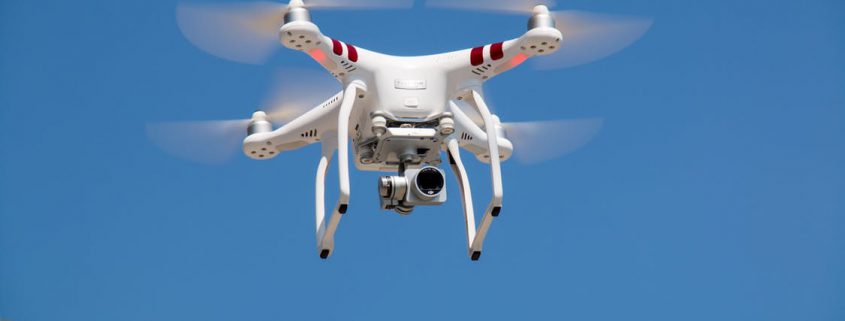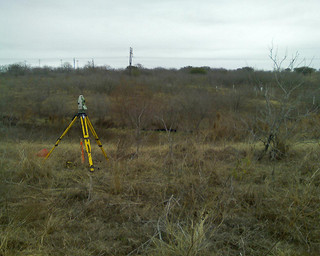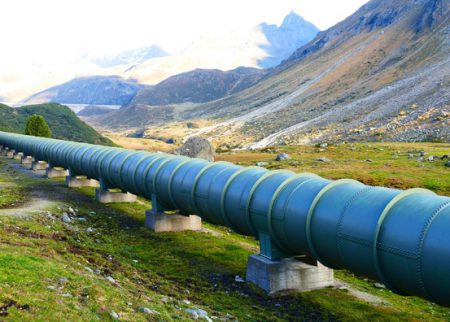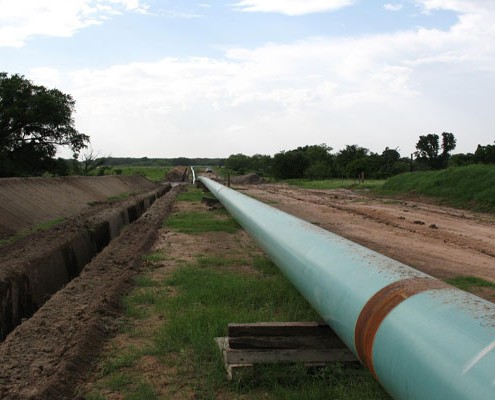4 Ways Drones Improve Safety of Pipeline Surveys
Drones are a cost-effective, reliable way to improve the safety of pipeline surveys. There’s a reason why the oil and gas industry has embraced drones so readily: They are uniquely well-suited to improving the safety of pipeline projects.
But what makes drones so important for pipeline safety? Here’s a list of just a few of the things that drones can do for a pipeline project.
1. Enhanced Regularity
Drone inspections can take place more frequently than other types of inspection. Not only are they cost-effective, but they’re also fast: A single drone can perform pipeline leak detection across an entire pipeline. Human inspectors need to inspect the entire project section by section, often taking quite a lot of time.
Since human inspections are lengthy and expensive, pipeline projects may execute them infrequently, and may consequently miss out on safety hazards. Comparatively, a drone inspection is completed quickly and collects a more robust set of data, providing the information that the pipeline company needs to protect its pipeline integrity.
Frequent inspections will mean that fewer safety hazards and issues fall through the cracks. The more regular and consistent the process is, the more issues will be caught.
2. A Large Variety of Sensors
Practically any sensor can be used with drone technology. Thermal imaging cameras and other types of sensors are able to detect gas leaks and repair-related issues before they become a major problem, letting the pipeline company respond to these issues more effectively. These wide arrays of IoT sensors can be used in conjunction with drones to respond to potential repair and maintenance issues before they become devastating.
When drones recognize issues in sensors, they can report their GPS position and the unit that the sensor is in. The sensor information will then be sent back to the project team, and the team will be able to address the problems as needed. Being able to fix problems with a pipeline inspection drone means that the pipeline won’t experience dramatic levels of downtime. Ultimately, this improves the overall pipeline integrity, and leads to reduced costs for the project.
3. No Humans in Harm’s Way
Drones don’t require a crew, which means that people aren’t exposed to potential dangers. With any helicopter or plane flight, the crew is subject to a potential crash or injury. Though the risks of modern flight are minimal, there always remains a slim chance of danger. Drones can fly through areas that have fumes or that could lead to fire or explosion. If the worst happens, then a drone could get damaged, but a human life is never at stake.
Drones are also impervious to many threats that could potentially injure people. Drones are able to fly in many types of weather, and can’t be damaged by things such as gas fumes. Drones will be able to fly even in extremely hot extremely cold weather; this weather might impact a human surveyor, and may occur in areas with pipeline development.
Pipeline issues can be potentially dangerous or hazardous, especially when it comes to fumes. These are areas that no human surveyor or inspector should expected to go into, but drones can do the job and determine how hazardous the area is before it is secured and contained.
4. Protecting the Environment
A major concern for pipeline projects is that they might adversely impact the environment. With drones, pipeline surveys can be completed quickly to minimize the impact to the surrounding nature, environment, and landscape. Regular safety surveys will identify any potential issues, such as plant and root intrusions into the pipeline itself. Before the pipeline breaks apart and potentially causes a spill, these issues can be addressed.
This improved safety has a profound impact on a pipeline project. Not only is the project safer for workers and the environment, but it’s also less costly. Being able to improve upon pipeline safety also reduces insurance rates and operating costs. For more information about the benefits of regular drone surveys for pipeline projects, contact Landpoint.







